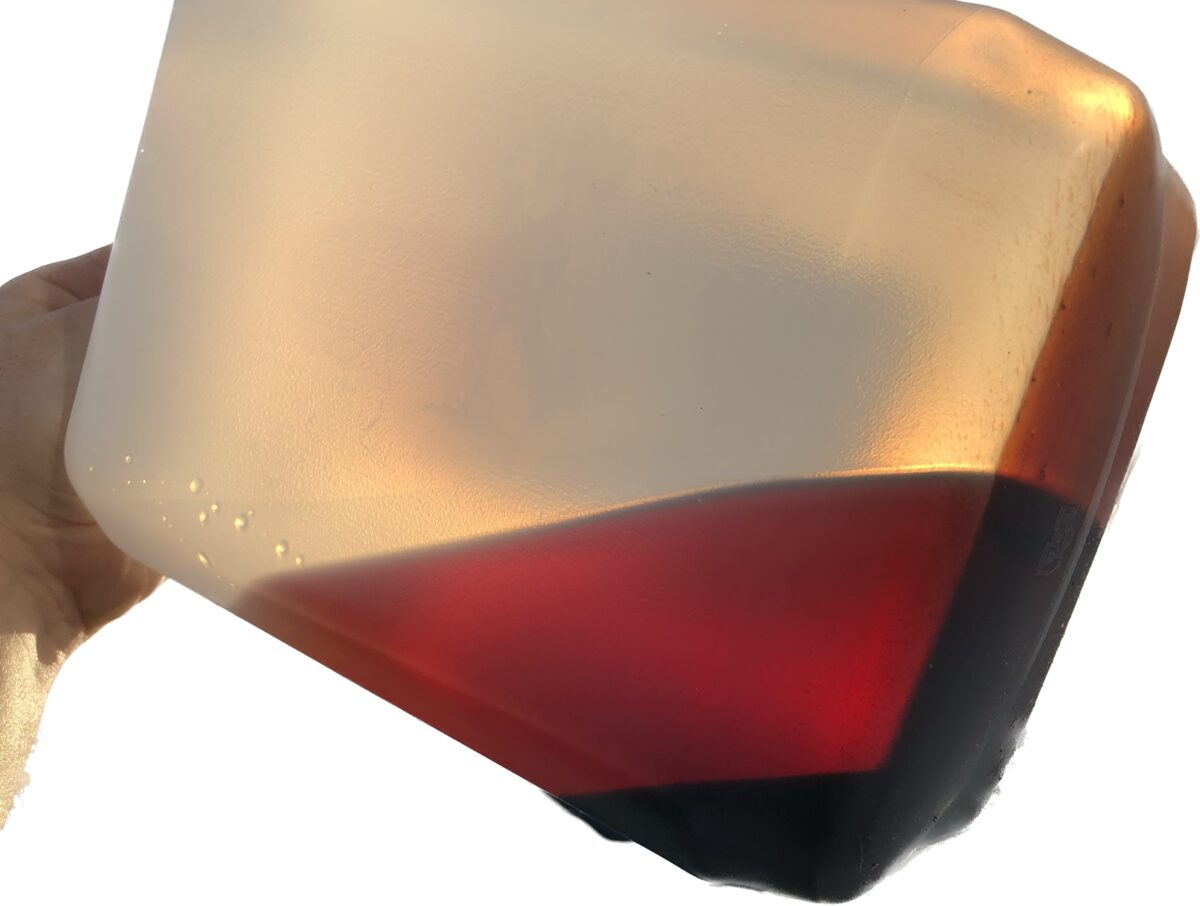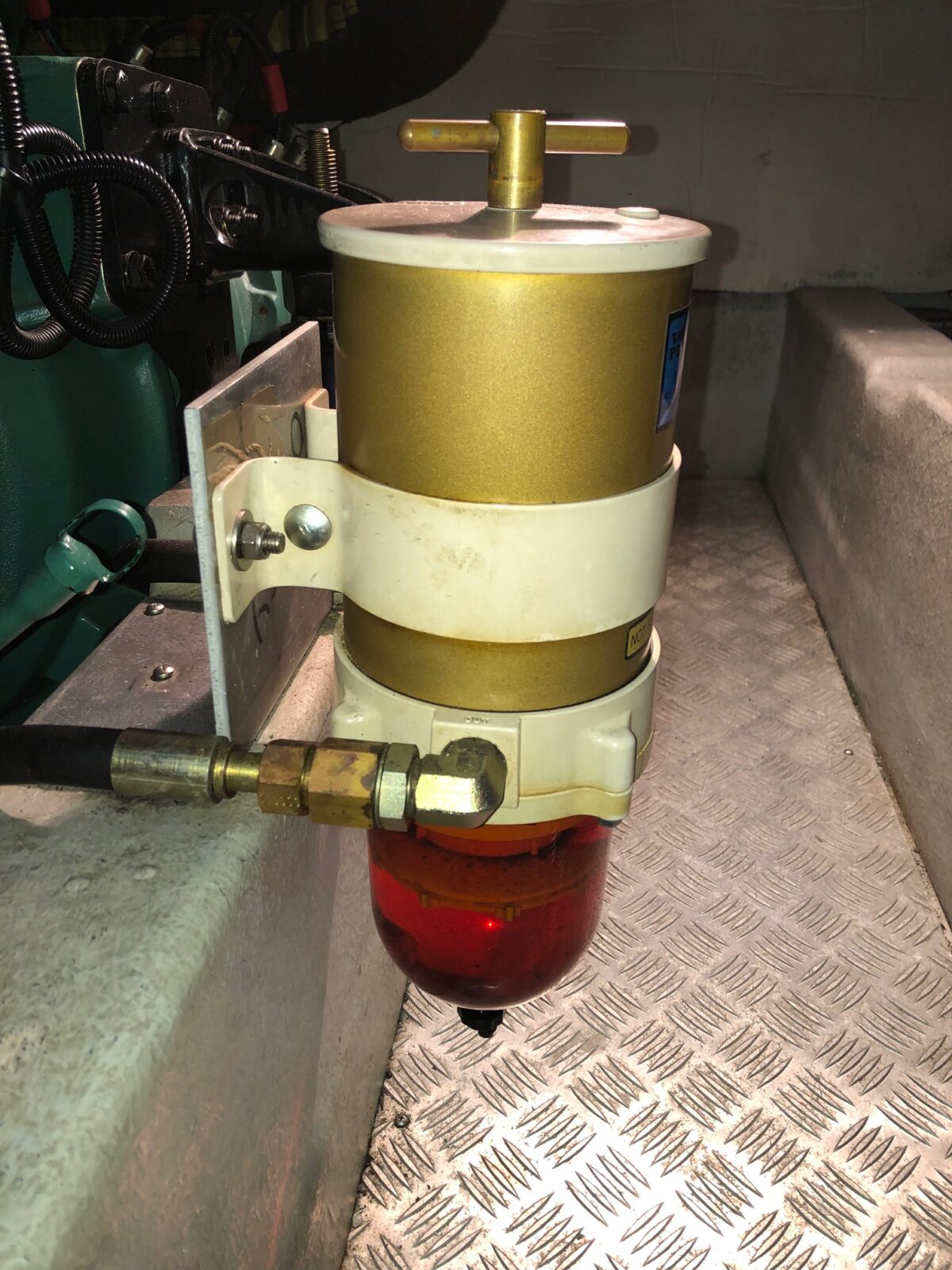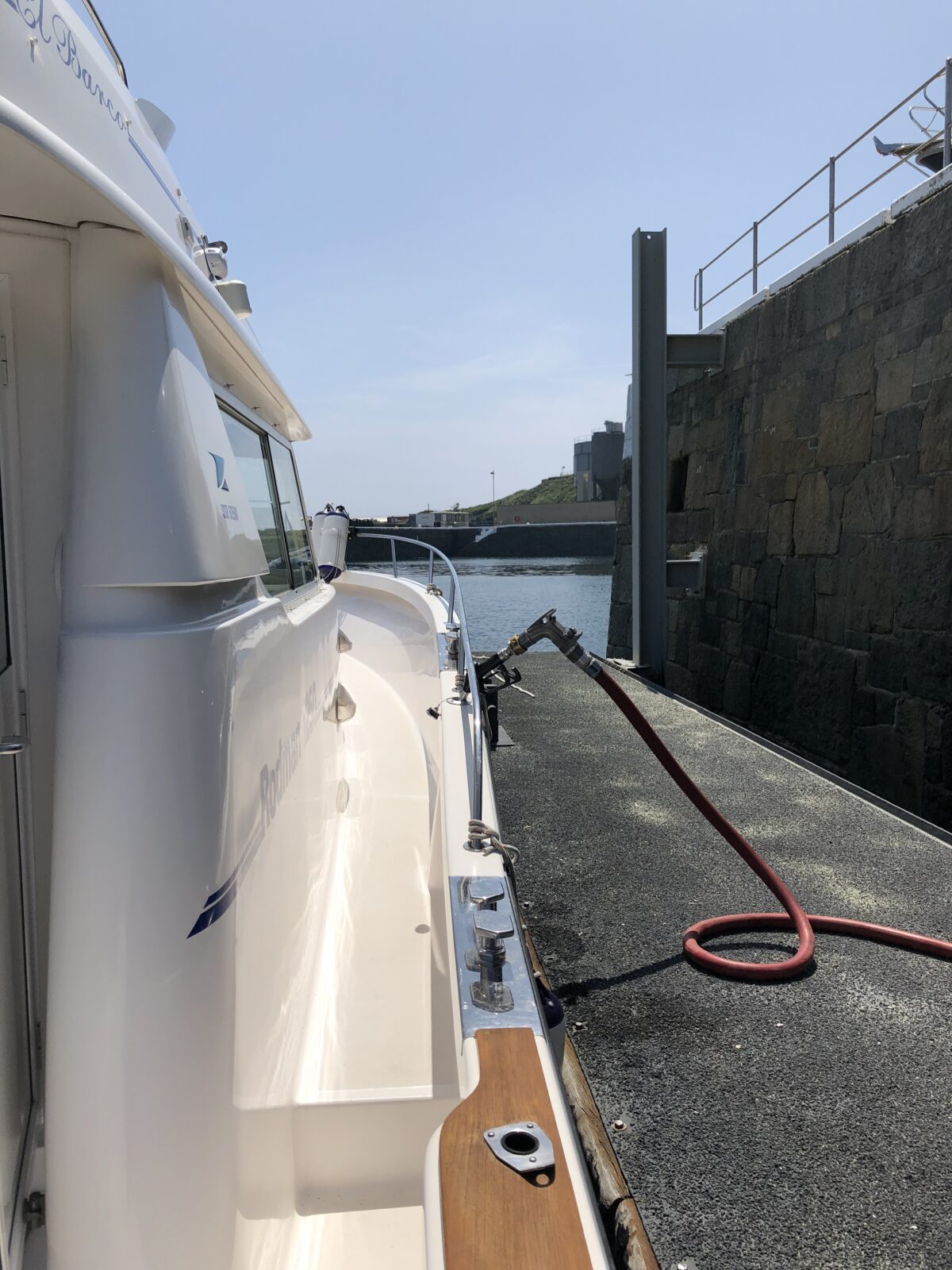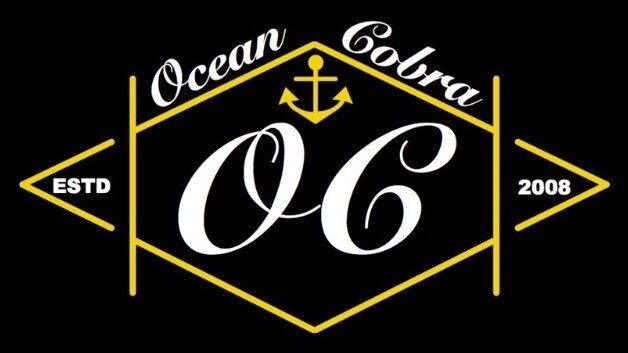“Diesel bug maybe one of those phrases you’ve either never heard of or shrug it off, but it’s a serious problem.“
What is it?
If you haven’t seen it before diesel bug has the appearance of a thick black sludge or black spots, which will be found near the bottom of diesel tanks and throughout the diesel fuel line system. If you have a water trap with a clear bowl in the fuel system you will see the black sludge or spots in this glass bowl. As the name ‘bug’ suggests it is a microorganism which lives and grows in diesel, needing just a tiny amount of water to thrive. Although water in fuel tanks presents its own risks and consequences, the diesel bug can survive just from the condensation in the tanks. Once present in the tank it can spread rapidly and up the sides. Requiring the heavier water to survive and feeding off the fuel explains why the diesel bug thrives between the two layers at the bottom of the tank.
So we already know that the bacteria requires water to survive but where does diesel bug come from?
These days manufacturers are allowed to combine a certain percentage of Fatty Acid Methyl Esters (FAME) in diesel fuel resulting in what is known as biofuel. These fatty products allow the growth of bugs.
More often than not diesel bug is inherited. It’s possible that the bug is happily living in the storage tanks of the fuel suppliers. Given that the fuel going into your tanks has probably been passed multiple times from refinery to fuel lorries to distributors to suppliers it could be in any of those tanks, which is unavoidable if they are supplying bio-diesel. More importantly, you could be at a greater risk from your own tanks if you do not take sufficient action to reduce the risk.

Consequences
In serious enough cases the diesel bug will bring the engine to a sudden stop and sods law it’ll be when you least expect it. If it manages to find its way to the engine having been dragged through by the fuel pump it will clog the injectors and starve the engine of fuel, hence shutting the engine down.
Even if it hasn’t made it through to the injectors it may have got trapped by the fine fuel filters either fitted to the engine or mounted elsewhere. These can easily get blocked by the thick biofilm and can again starve the engine of fuel and shut it down. Should the engine shutdown there’s also a risk that air will get trapped in the system. This will then require the fuel system to be bled. Not an easy thing to do in a small engine space, with a hot engine and the pitch and rolling of the boat drifting.
Diesel bug can also result in significant damage to your engine and fuel systems through corrosion.
Hopefully along with fine fuel filters (usually around 10 micron) you would also have coarse fuel filters fitted. These can be around 30 micron filtration. If this is the case it’s the first line of defence against diesel bug getting through.
Although still a bad situation the best case scenario, if you do encounter diesel bug, is to catch it in the fuel tank before it gets as far as the coarse filter or fuel/water separator. If you have an inspection hatch in the top of the tank it’s worth a quick look to see if there is any evidence of it. If you have a severe case then it may mean removing the tank from the boat to have it thoroughly cleaned, a cost you’d want to avoid if possible.

The treatment
Although it’s not always possible, especially if you’re cruising away from familiar ports, but try and always fill up from cleaner sources such as suppliers who advertise that they supply FAME free fuels. For example filling from a fuel lorry maybe less risk than filling from a supplier who could have large storage tanks where condensation could be present.
Try and keep your fuel tanks full to avoid condensation, especially if you won’t be using the boat for any length of time like over the winter. Remember water even in the smallest amounts can be the breeding ground for diesel bug.
Make sure you have enough fuel filters fitted both in fine and coarse filtration. Engine manufacturers sometimes recommend replacing filters as part of routine maintenance after every 1000 hours. If you know or suspect you have diesel bug you may want to reduce this time and replace the filters more often than every 1000 hours. It’s cheaper to replace filters than the potential cost of repairs or having to request a tow back to a safe haven if you break down at sea.
Invest in fitting a fuel/water separator if you haven’t already got one. You’ll be able to see if there is water or condensation in the bottom of the bowl coming through from the tank which allows you to catch any contamination early. You’ll also see evidence of the diesel bug in there too. Take regular samples by draining a small amount of fuel from the drain plug on the bottom of the bowl to check for contamination. Racor are common separators to fit which can house a course fuel filter in the top too for easy maintenance and replacement.
Use a preventative maintenance treatment like Marine 16 to keep it at bay. By adding the liquid to the fuel tank prior to filling up with diesel ensures good mixing in the tank and can stop the microorganisms forming. Dosage depends on the volume of fuel in the tank and the application required, for example either prevention or treatment.
Should you find evidence of diesel bug in either the filters, traps or tank then it maybe possible to treat it with a shock treatment to the tank. Again a product like Marine 16 can be used by dosing it at full strength into the tank. Just be sure to get good mixing in the tank.
Given everything said above, diesel bug shouldn’t be something to put you off enjoying your boating and while it maybe unavoidable, you can take practical precautions to deal with it should it occur, then you can keep cruising!

Smooth seas.
Ocean Cobra Limited has no association with any product mentioned. We only recommend products based on our own experience. Full disclaimer can be found here.
